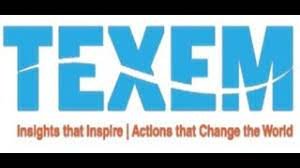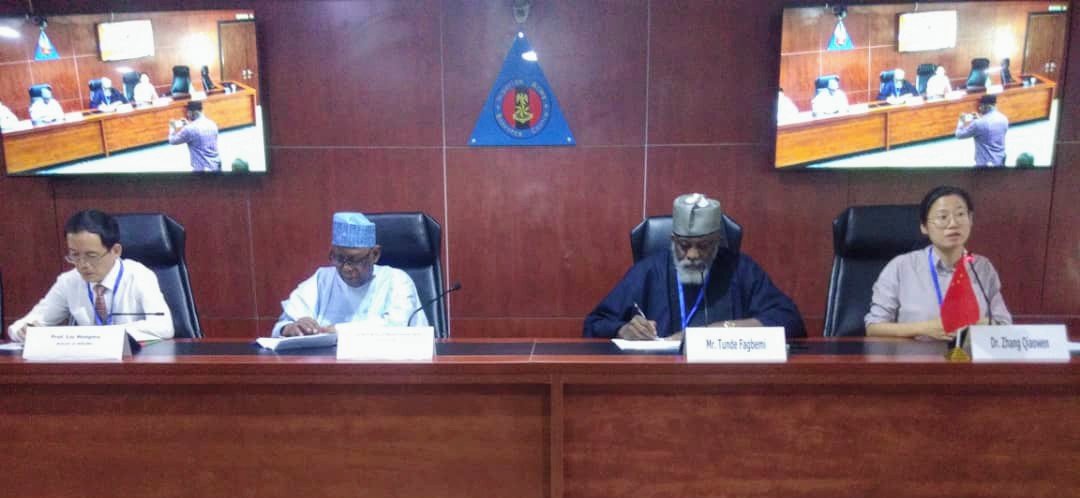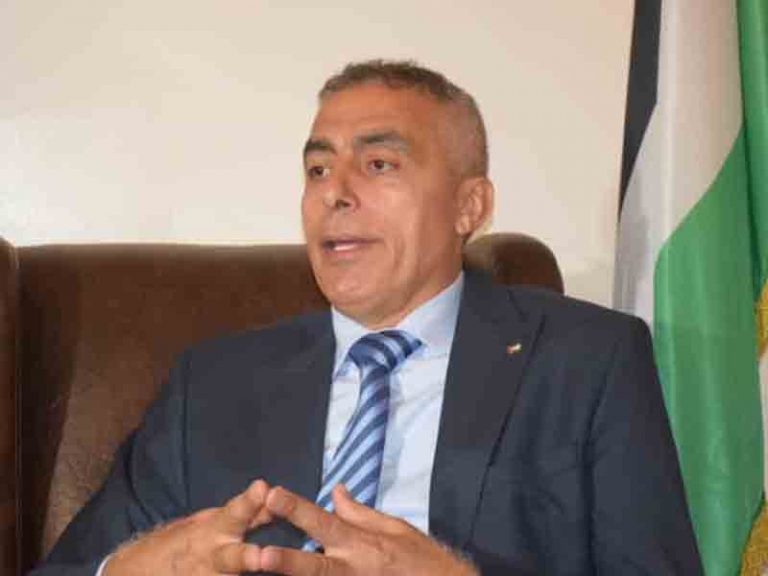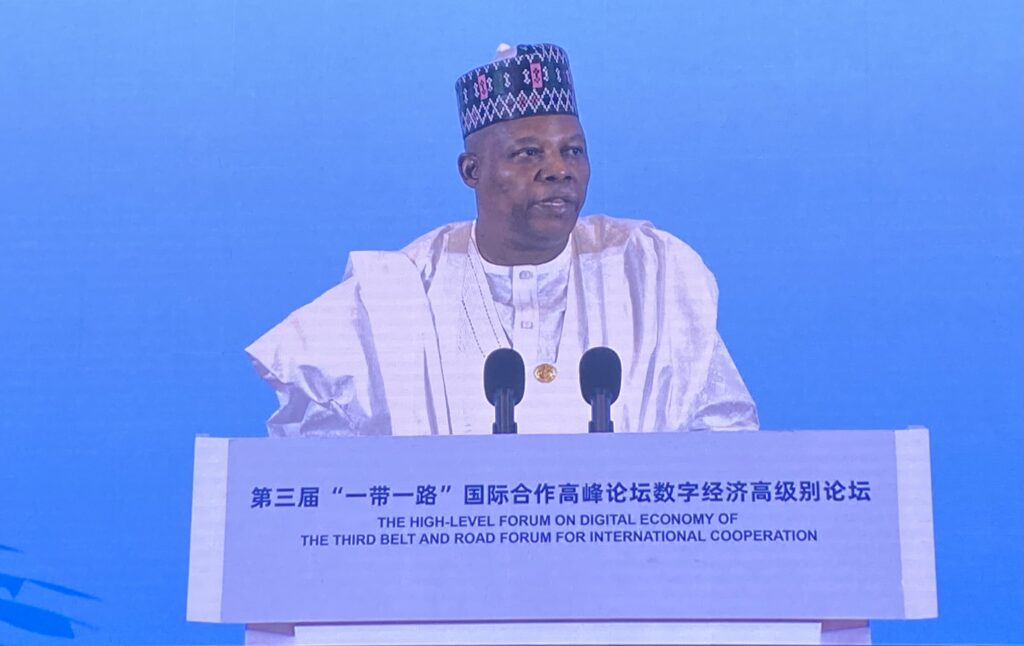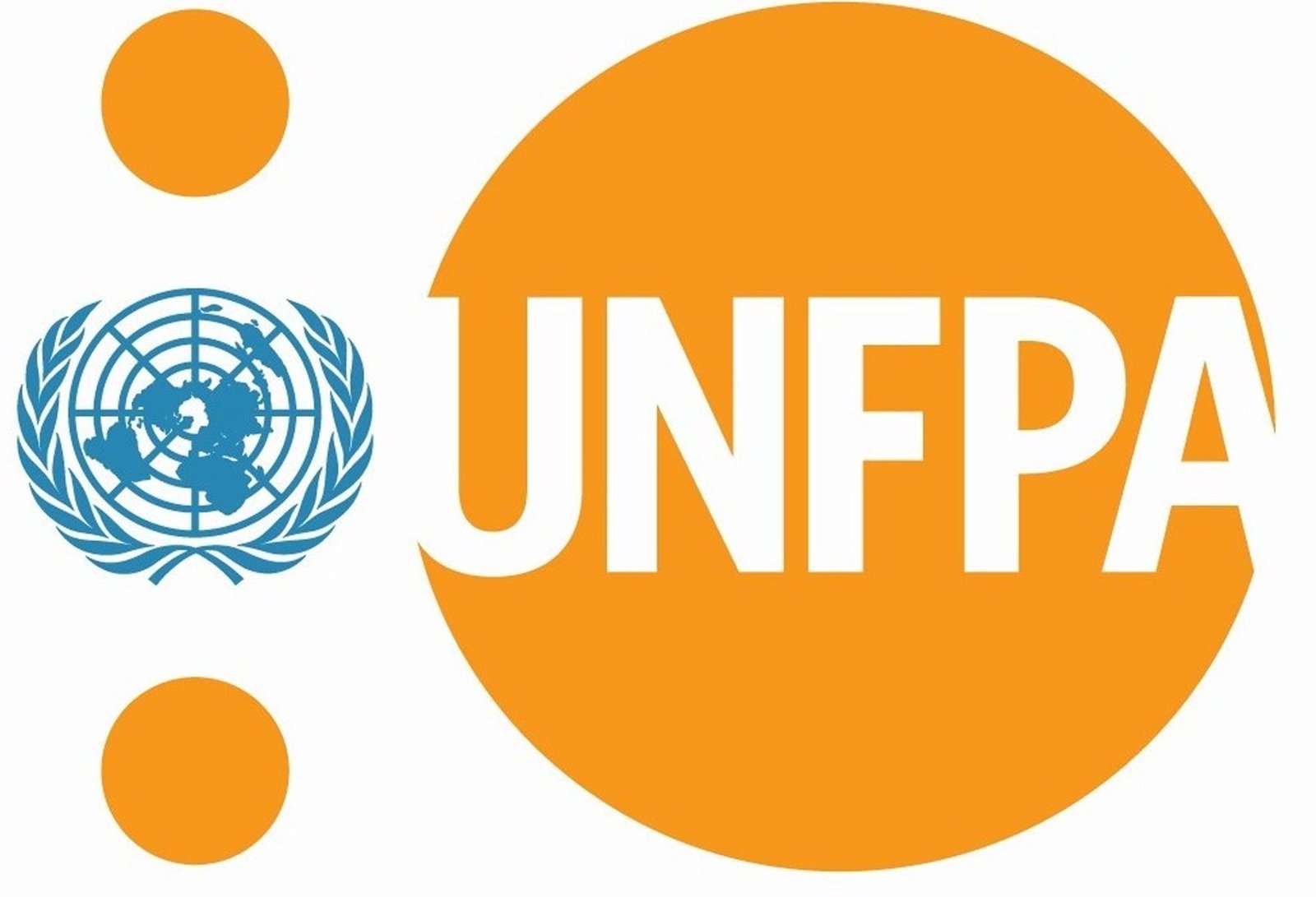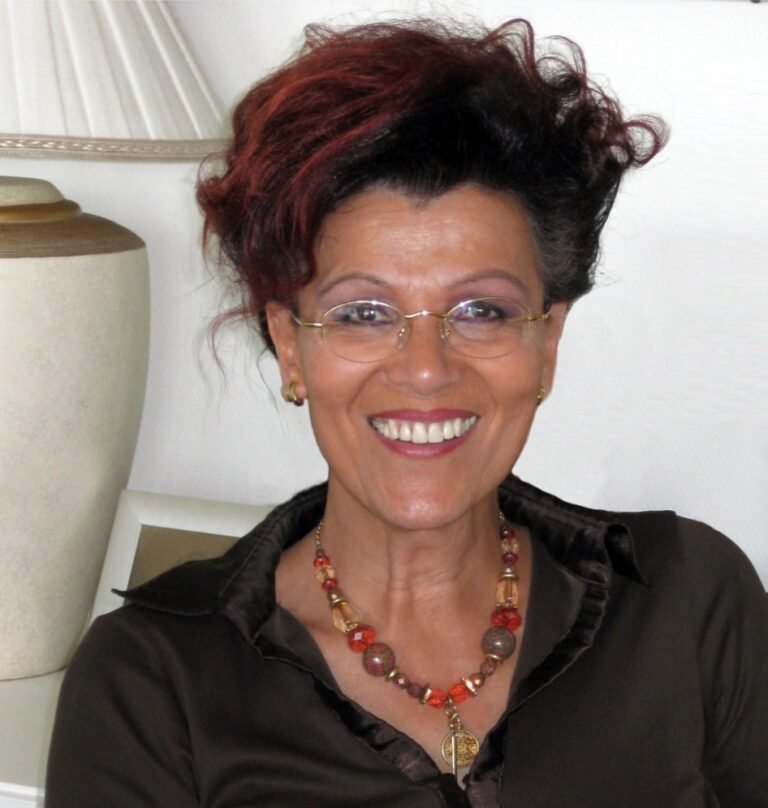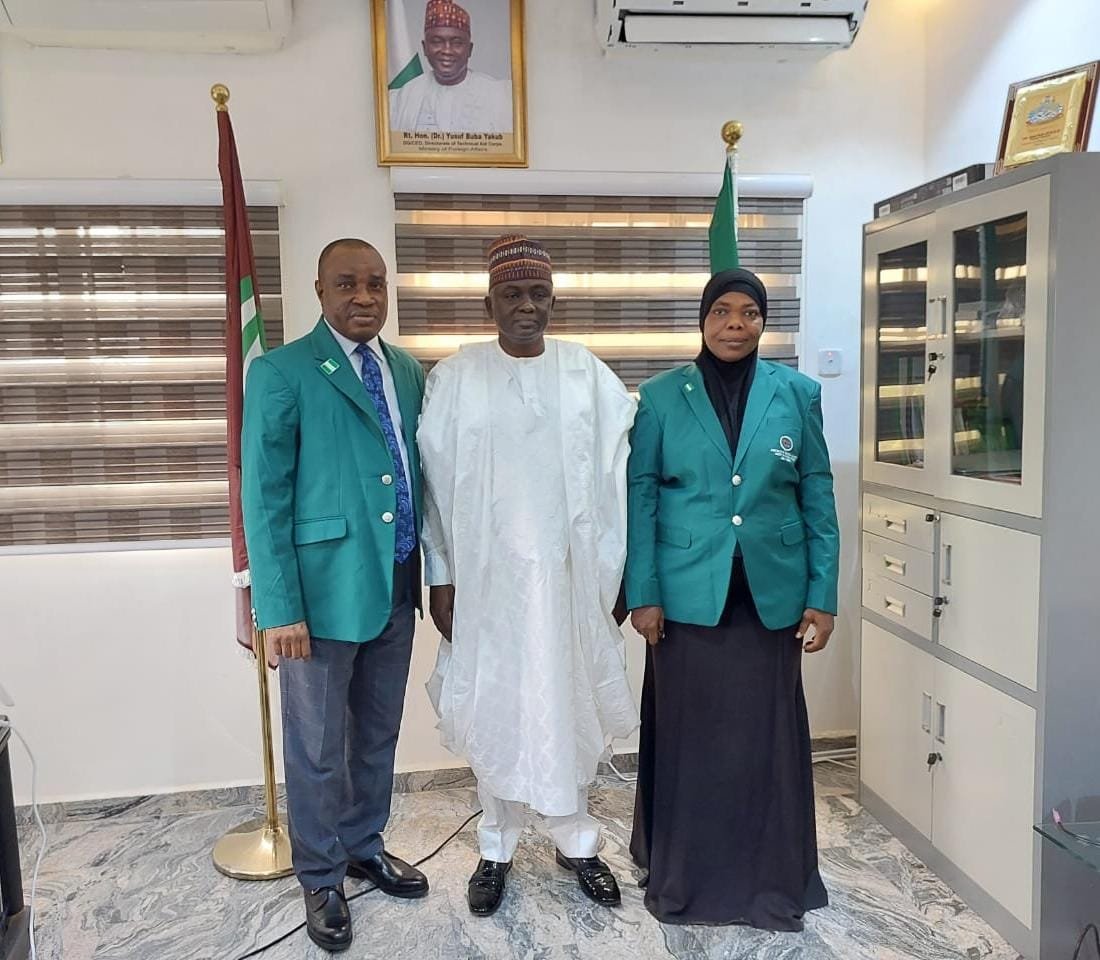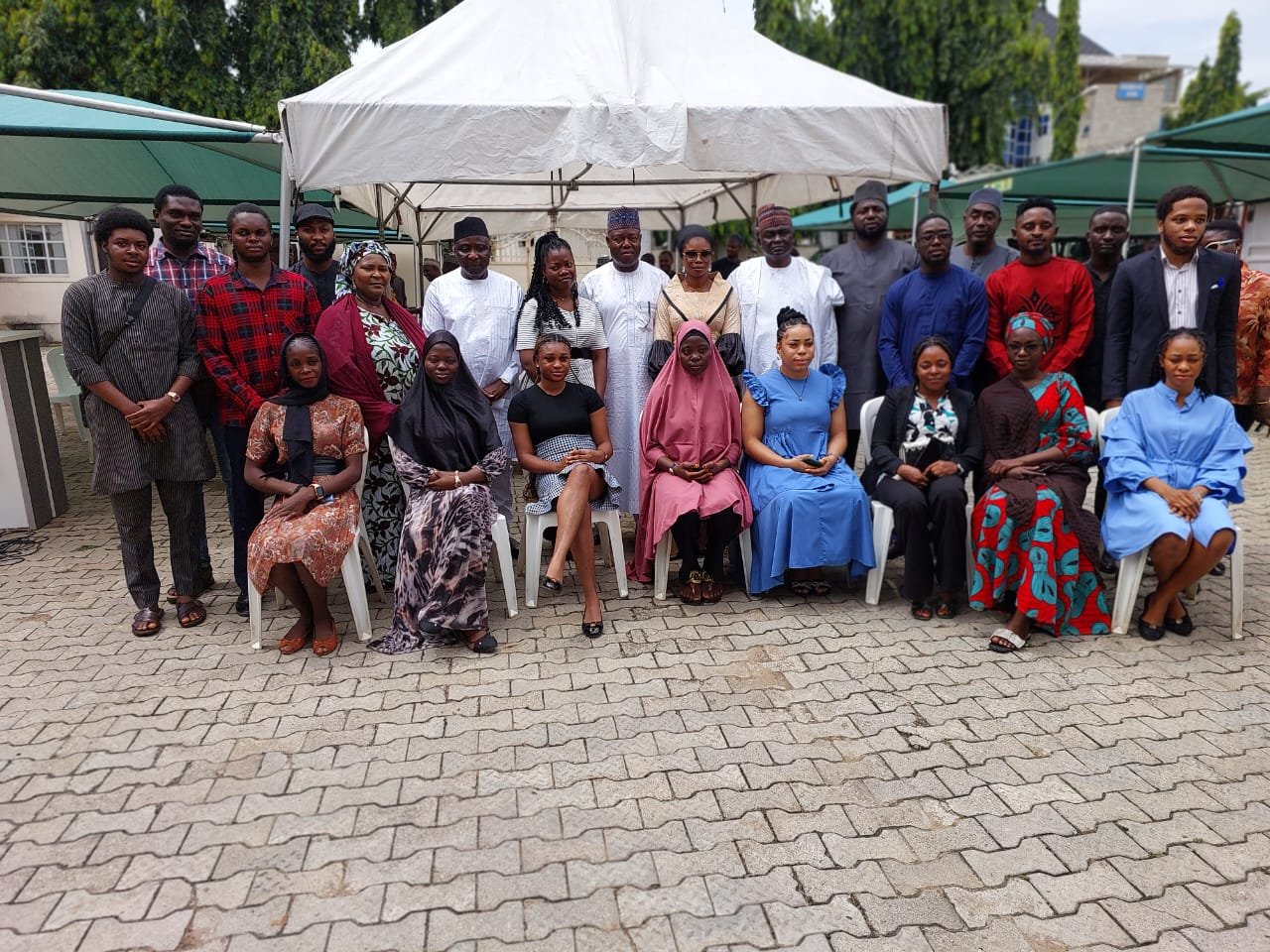Transformative leadership critical for global and local challenges – UK firm
By Abigael Joshua
TEXEM UK, a leadership development organisation based in the United Kingdom, says that transformative leadership is critical to addressing headwinds caused by global and local challenges Nigerian organisations face.
In a statement on TEXEM’s website, www.texem.co.uk,
by the Director of Special Projects, Caroline Lucas, said Nigeria is in a volatile era like most countries.
Lucas said that in such a period of unprecedented challenges, leaders across the globe face multiple dilemmas characterised by volatility, uncertainty, complexity, and ambiguity.
“Nigerian leaders in the government and private sectors are not exempt from these challenges.
“They grapple with issues such as a highly geared government, high inflation, dwindling disposable income, supply chain disruptions, cybersecurity threats, low national cohesion, mediocre individual and organisational performance and more.
“The need for transformative leadership has never been more critical,” the Director said.
Lucas says TEXEM is poised to address these challenges through its upcoming programme, “Leading Transformation for Strategic Outcomes.”
The Director said the programme will be held from Nov. 27 to Nov. 30, at Hilton, London in the United Kingdom.
Describing it as an innovative learning experience, she said
TEXEM’s programme is an interactive and tailored learning experience designed for senior executives.
Lucas said it will equip participants with practical skills, theoretical knowledge, and valuable insights through professional exchange.
She said the programme’s primary goal is to enhance leadership capabilities, ultimately leading to the realisation of strategic outcomes.
According to her, TEXEM’s unique methodology is grounded in diverse learning tools, including discussions, role plays, company visits, videos, and games.
“This multifaceted approach enhances interpersonal skills, stakeholder engagement, decision-making, communication, leadership, and teamwork.
“The programme’s methodology, which includes case studies, sharpens cognitive skills, analytical rigour, and the ability to manage ambiguity effectively and efficiently,” Lucas said.
She said the programme will benefit leaders in several ways, including guidance in challenging times,
effective decision-making, inspiring strategic leadership, crisis management, and leadership adaptability.
Among topics to be discussed during the programme are Influencing and Negotiating for Sustainable Success,
Building Agility and Responding to Shifting Priorities, and
Inspiring Teams in Uncertain Times.
Others are Fostering Innovation and Change in Various Work Environments,
Developing Organisational Capabilities for Ambitious Goals, Leadership in Crisis Management,
Leadership for Impact
and, Leadership for Efficient Goal Achievement.
Speaking more on benefits, Lucas said Nigerian Leaders will acquire the ability to successfully navigate their organisations through adversity and lead them to success even in the most challenging circumstances.
“Leaders will develop the ability to lead better during crises, safeguarding organisational resilience and profitability.
“Leaders will learn to better adjust and change strategies swiftly during emergencies, optimising the value they unlock and prosperity of their organisations,” she said.
The statement included testimonials from Nigerian delegates who had attended a similar TEXEM programme.
“…The program has been very interesting, exciting, facilitated knowledge sharing, and it has actually brought about a greater insight into what leadership is…,” Akinwunmi Lawal, MD/CEO of NPF Microfinance Bank PLC. said.
“I found that it’s quite a new approach to workshops than I’m used to because I’ve attended so many workshops organised by other organisations.
“But I found that the approach made by TEXEM is quite different,” Ambassador Mustafa Sam, Non-Executive Director, Jaiz Bank, stated.
“I’ve enjoyed the orderliness of the organisers. I’ve enjoyed the presentations of the consultants. I’ve enjoyed the practicability of the consultants.
“They bring in life examples in all their presentations, then with that one, the participants could be carried along. It’s not theoretical.
“You know, you can see they also practicalise by bringing in life events, even using themselves as examples. So that sends the message deep into our hearts. And that’s wonderful…,” Sonya Ogunkuade, Hon. Commissioner and former Special Assistant to the President, said. (NAN) (www.nannews.ng)
Edited by Razak Owolabi




